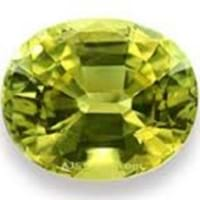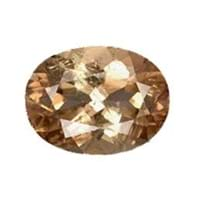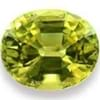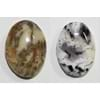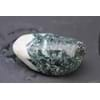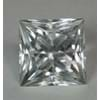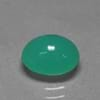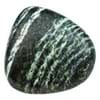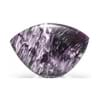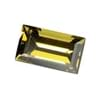Origin
Brazil, Madagascar, Zimbabwe, Russia, Sri Lanka, India, Burma, Color: blue, Not Available, Hardness: 8.5, Refractive index: 1.74 1.77, Density: 3.68 3.80, Chemical composition: BeAl2O3, Crystal structure: orthorhombic, Origins: Brazil, Burma. Bluish stones are most valuable. Prices for chrysoberyls grow rapidly with weight, and clean stones bigger than 15 cts are rare and therefore an excellent investment.
USA, Mexico, Tanzania, Brazil, Pakistan, Afghanistan, Color: colorless, Not Available, brown, blue bluish, Hardness: 6.5 7, Refractive index: 1.673 1.693, Density: 3.26 3.36, Chemical composition: Ca2(Fe, Mn)Al2BSi4O15(OH), Crystal structure: triclinic, Origins: USA, Afghanistan. Axinite is a collectors stone that is rarely used in jewelry.
Color
Greenish, Green, Brownish, Red, Blue, Brown, gray
Green, Reddish, Brown, Yellow, Colorless, Blue, Violet, Grey
For which Rashi?
Not Available
Not Available
Planet
Not Available
Not Available
Element of Planets
Earth, Water
Not Available
Energy
Not Available
Not Available
Finger
Not Available
Not Available
Ring Metal
Not Available
Not Available
Deities
Not Available
Not Available
Not to wear with
Not Available
Not Available
Powers
Healing
Not Available
Planetary
Not Available
Not Available
Talisman
Not Available
Not Available
Tenacity
Brittle
Not Available
Solubility
Not Available
Not Available
Durability
Not Available
Not Available
Specific Gravity
3.69-3.81
3.26-3.36
Fracture
Uneven, Conchoidal to uneven, Brittle, Metallic, ConchoidalWalter Schumann
Conchoidal, ConchoidalArthur Thomas, Gemstones (2009)
Cleavage
Distinct on {110}, imperfect on {010}, poor on {001}
Good on {100}
Chemical Composition
BeAl 2 O 4
(Ca,Fe,Mn,Mg) 3Al 2BSi 4O 15(OH)Walter Schumann , Gemstones of the world (2001) More from other references
Pleochroism
X = red; Y = yellow-orange; Z = emerald-green
Strong
Transparency
Transparent, Translucent, Transparent to translucent
Gemmological Tables (2004) More from other references
Refractive Index
1.746-1.763
1.656-1.704
Optic Character
Biaxial/+
Biaxial/+
Crystal System
Orthorhombic
Triclinic
Birefringence
0.007-0.013
0.009-0.012
Clarity
Transparent
TransparentUlrich Henn and Claudio C. Milisenda
Neurological
Not Available
Not Available
Cardiovascular
Not Available
Not Available
Respiratory
Not Available
Not Available
Reproductive
Not Available
Not Available
Digestive
Not Available
Not Available
Psychology
Not Available
Not Available
Healing
Not Available
Not Available
Qualities Associated
Not Available
Not Available
Chrysoberyl Vs Axinite Fracture
Fracture is an important parameter when you compare Chrysoberyl and Axinite Physical Properties. It is necessary to understand the significance of these properties, before you compare Chrysoberyl Vs Axinite fracture. Whenever a gemstone chip breaks, it leaves a characteristic line along its breakage. Such lines are known as fracture and are used to identify the gemstones in their initial stages of production when they are in the form of rough minerals. Fracture is usually described with the terms “fibrous” and “splintery” to denote a fracture that usually leaves elongated and sharp edges. Fracture observed in Chrysoberyl is Uneven, Conchoidal to uneven, Brittle, Metallic and ConchoidalWalter Schumann. Axinite fracture is Conchoidal, ConchoidalArthur Thomas and Gemstones (2009).
Chrysoberyl Vs Axinite Luster
A primary knowledge about Chrysoberyl vs Axinite luster is useful in apparent identifications of these gemstones. Luster is the measure of light that gets reflected when incident on a finished cut gemstone. There are two major types of lusters: Silky and Adamantine. Since luster varies between two crystals of even the same gemstone, luster is limited to basic identification criteria. Chrysoberyl exhibits Vitreous luster. Axinite, on other hand, exhibits Vitreous luster.
